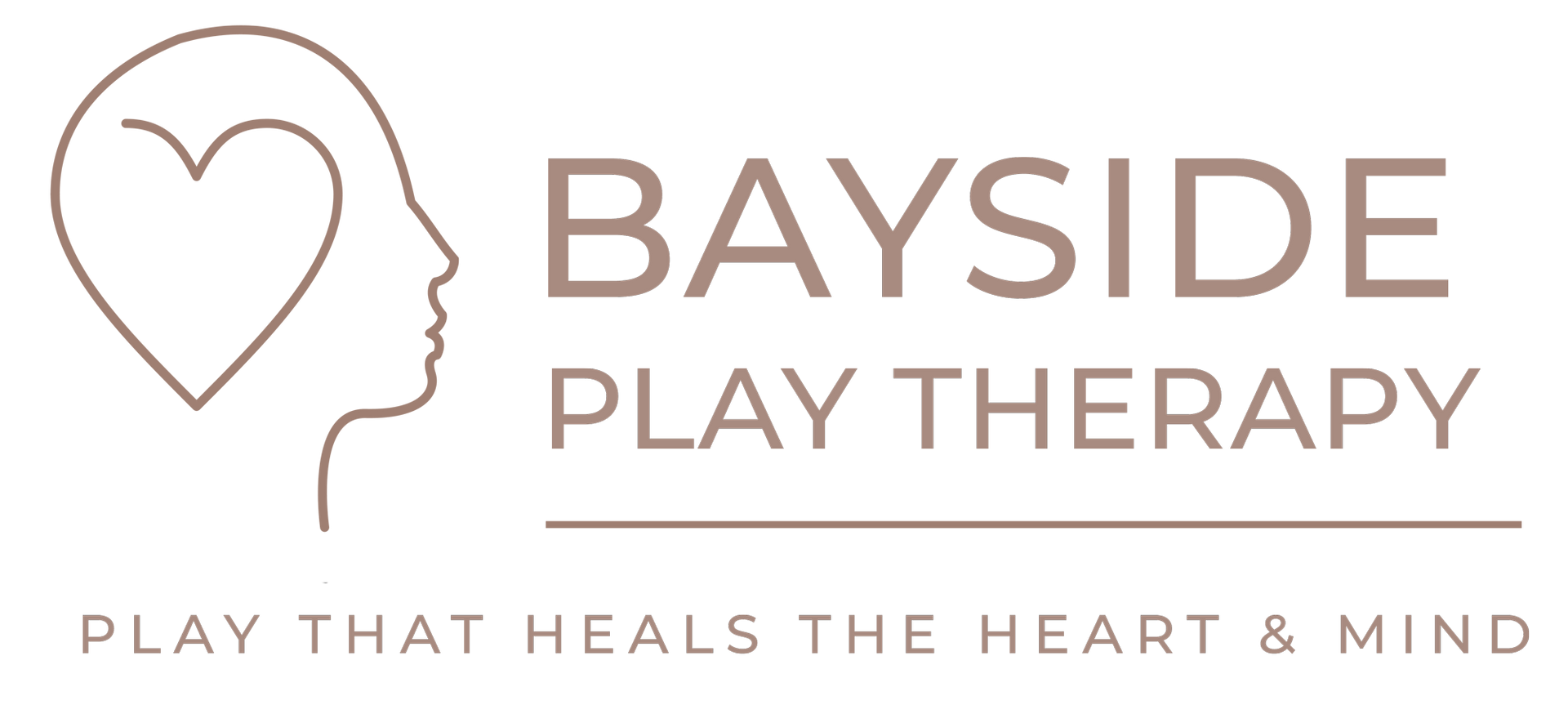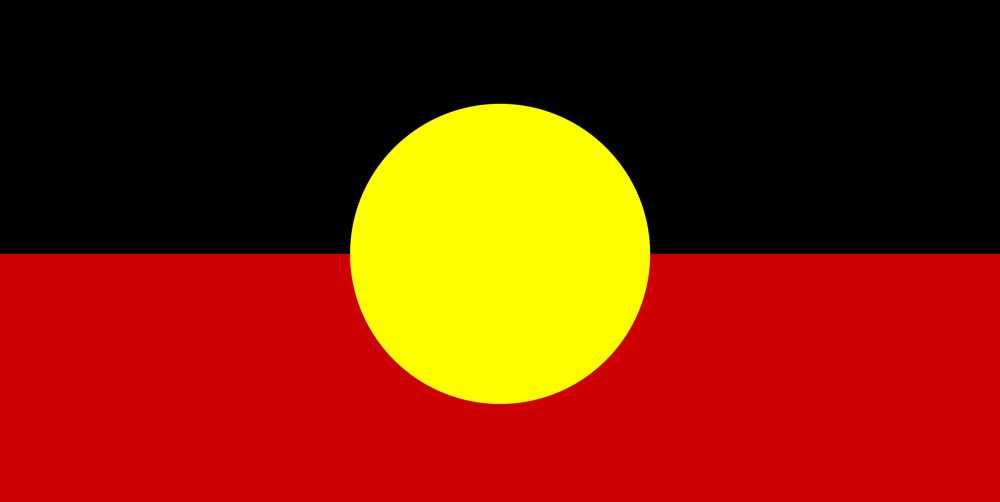Frequently Asked Questions
BaysiDe play therapy
At Bayside Play Therapy, we’re always available to answer your questions. If you can’t find your answer here, please contact us directly at 0402 339 547
-
What is Play Therapy?
Children use toys as words and play as their language. Similar to talk therapy, but rather we use games, crafts, and toys as a communicator.
-
What does a Play Therapist do?
A Play Therapist is someone who is trained to help children who have some kind of problem in their lives. When children play, it’s easy for them to communicate their feelings and emotions.
Your therapist always meets with parents, caregivers, and other adults involved with the child to discuss the plans, milestones, and goals for the child.
-
How much does it cost?
We have a full breakdown of our pricing structure here.
-
Will my Play Therapist tell other people?
For the children - When you first meet, your Play Therapist talks to you about what play therapy is, and that it is a place that is just between the two of you, only sharing information with other people when necessary
Your Play Therapist won’t tell anyone the actual details about what you have played or talked about, but sometimes they will need to talk to a grownup about how you are – especially if they are really worried about you, because it’s really important that other people know if you are not safe.
For the parents - When you first meet, Your Play Therapist will let you know that this is a safe space for your child and that respect, privacy, and confidentiality of what they share in sessions is at utmost importance. Your Play Therapist, however, is obligated to tell you general impressions and offer suggestions but are limited to tell the sprecifics of what is said or
done in the playroom.
In the event that the child is in danger or has been
exposed to dangerous situations, your Play Therapist will of course inform you about this.
-
How do I talk to my child about play therapy?
Trusted parents or caregivers must discuss the process with children and be open to conversations throughout. If you need some guidance on this topic, you can use this explanation.
The Play Therapist has been asked to see you because you feel sad, angry, or scared about something, or perhaps because something horrible has happened. Maybe you can’t help fighting or crying, or you feel bad about yourself. Sometimes, it is hard to talk about your feelings, so your Play Therapist will try to help you feel better without you having to explain things. That’s because children play with their feelings better than they talk about them.




